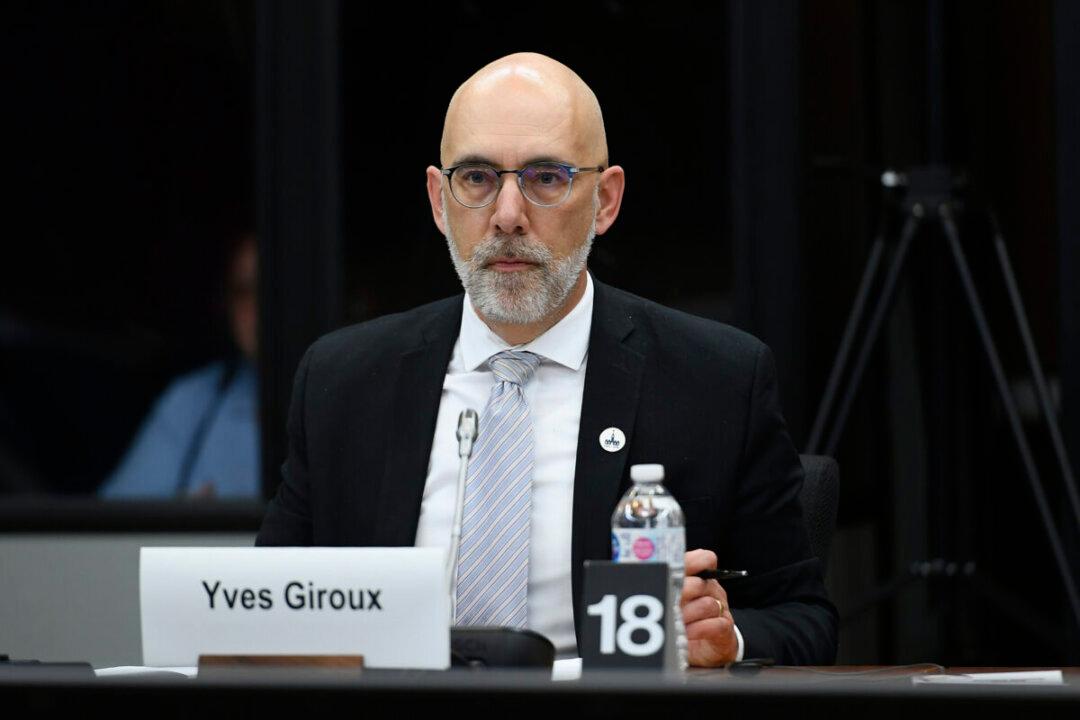Ottawa’s carbon tax will result in a “net loss” to most Canadian households even after they receive federal rebates, according to a report by the Parliamentary Budget Officer (PBO).
“When both fiscal and economic impacts of the federal fuel charge are considered, we estimate that most households will see a net loss,” said PBO Yves Giroux in a statement on March 30 when announcing the release of the report.





